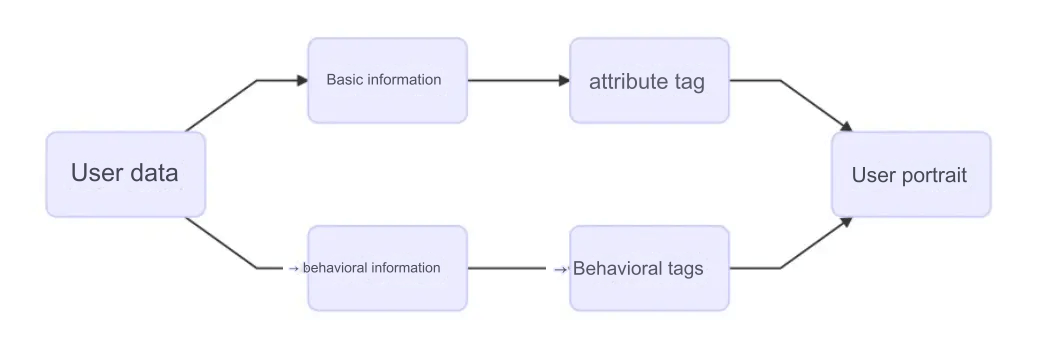In this article, the author will share 30 key work points that a product manager should reflect on, based on their own experience. The aim is to provide helpful insights.
In the B2B market, the complexity of the business environment, the demands of large clients, and the multiple interests involved require product managers to have a more precise and in-depth understanding, as well as a keen market insight.

In this article, I will list 30 reflections based on my personal experiences.
Understand Your Clients and Position the Market — Conduct thorough market research to gain a deep understanding of your clients and the position of your product in the market.
Ensure Product Scalability — Products must be adaptable to an expanding client base and a complex business environment, capable of quickly adjusting to changes and growth.
Focus on Solving Client Pain Points — Only by understanding clients' actual needs can you achieve the greatest growth and optimize user satisfaction.
Centralized Management and Optimization — Client demands and behavioral data must be managed centrally to better capture business opportunities and enhance user experience.
Build a Comprehensive Security Framework — In a complex enterprise environment, ensuring the security and privacy of product data is crucial for clients. A comprehensive security system must be established.
Increase User Success Rate — Business clients care not only about the product's functionality but also whether it can effectively solve their problems and help them succeed.
Adopt Agile Development Methods — In a fast-paced business environment, agile development methods can quickly meet the ever-changing needs of clients and create new business opportunities.
Communicate Regularly with Clients — Ongoing communication and feedback gathering help understand the true needs of clients, allowing continuous product optimization.
Understand the Enterprise Environment — Gain a deep understanding of corporate culture, strategic goals, and business insights to better design and launch B2B products.
Rigorous Data Analysis — Efficient and rigorous data analysis can improve decision-making accuracy.
Customized Demand Strategy — B2B clients often have custom requirements, and strategies must be set to meet these demands.
Build a Wide Partner Network — Establishing a broad partner network can expand the product's reach and accelerate growth.
Lead the B2B Market — In B2B market competition, leaders occupy the most advantageous positions, so having a competitive advantage is key, and it must be continuously strengthened.
Optimize User Experience — The user experience of B2B products directly affects whether companies will choose your product. A better experience wins trust and support from businesses.
Focus on Team Culture — The culture of a company and its products can impact team productivity and collaboration momentum. Therefore, building a fair, positive, and united culture is essential.
Increase User Engagement — Strengthening user engagement in marketing strategies is an effective growth method, and attention should be paid to product interactivity and activity levels.
Explore Data Acquisition Opportunities — B2B products can collect and manage data at very fine levels, enabling precise understanding of user thoughts and needs.
Enhance Product Reliability — Business clients rely on stable and excellent product quality, so it's crucial to improve documentation, testing, and code quality.
Monitor the Competitive Landscape — The B2B market is dynamic, and it's essential to stay informed about competitors' actions to adjust product strategies.
Efficient Communication Skills — The success of a B2B product requires close collaboration between multiple teams, so product managers need strong communication skills.
Continuously Discover New Business Opportunities — There are numerous business opportunities in the B2B market, and product managers need to keep uncovering new opportunities for growth and success.
Manage Workflows from Multiple Sources — B2B market workflows require collaboration with various teams and individuals, so processes must be established to rationally plan and deploy tasks.
Pay Attention to Team Members' Skills and Interests — Understanding each team member's skills and interests is key to team collaboration, allowing balance and innovation in a constantly changing work environment.
Design Simple and User-Friendly Interfaces — A user-friendly B2B product interface significantly reduces complexity, offering clients a positive experience.
Establish Good Customer Relationships — Building trust and cooperative relationships with clients can help products better meet their needs and resolve issues promptly.
Excellent Documentation Writing Skills — Documentation is essential during the design and development of B2B products, so effective writing skills are necessary.
Regularly Update Products — The business environment in B2B markets is constantly changing, so regularly updating products to meet client needs is crucial.
Strengthen Analysis of User Data — Strategically analyzing user data helps better understand both user and company needs, guiding the direction and objectives of the product.
Manage the Product Lifecycle — From conception, design, development, launch, iteration, to phase-out, there must be clear product management processes to ensure controllable product quality and direction.
Continuous Learning and Development — Product managers must continuously learn new skills and stay updated with trends to maintain their competitiveness in leading teams toward achieving product goals.





![15 Effective Ways to Increase App Downloads for Overseas Markets [With Case Studies]](/static/upload/image/20241230/1735570252211470.jpg)

